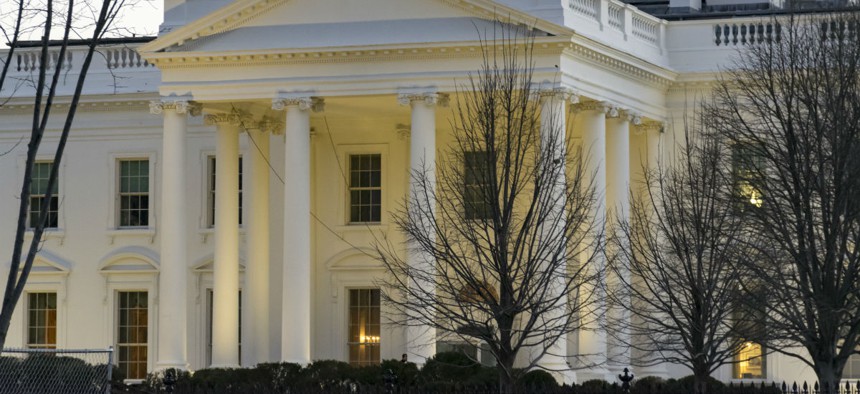Senate Sends Defense Authorization Bill, Military Pay Raise to Trump’s Desk
Military service members will see a 2.4 percent across-the-board pay increase in 2018, setting up debate over civilian pay parity.
The Senate approved a nearly $700 billion defense authorization bill for fiscal 2018 by voice vote Thursday, paving the way for members of the military to receive an across-the-board 2.4 percent pay raise next year.
The fiscal 2018 National Defense Authorization Act was approved in the House by a 356-70 vote Tuesday. Although President Trump originally requested a 2.1 percent raise for military members in his fiscal 2018 budget request, leaders in both chambers reached an agreement on the bill, which now includes the steeper pay increase for military service members, last week.
The legislation now heads to President Trump’s desk, and he is expected to sign it. With the 2.4 percent raise effectively confirmed for military service members next year, federal employee groups and lawmakers with high concentrations of feds in their districts have begun to push for a similar increase for civilian workers. Under Trump’s budget proposal and in his alternative pay plan issued in August, civilian federal employees would receive a 1.9 percent across-the-board increase in 2018.
Last week, Sen. Ben Cardin, D-Md., and Rep. Gerry Connolly, D-Va., both signaled their intent to pursue at least a 2.4 percent pay raise for all federal workers next year. And federal employee groups have begun their lobbying efforts in favor of military-civilian pay parity as well.
Congress has until Dec. 8 to approve a measure to keep the federal government open. House Speaker Paul Ryan said Tuesday that he expects lawmakers to approve a short-term spending measure to keep the lights on until the end of the year, in order to buy time to continue negotiations on an appropriations bill for the rest of fiscal 2018.
That would give lawmakers and advocates more than a month to build support for a pay parity provision in any spending deal. And even if Congress does not act, Trump could elect to institute pay parity unilaterally before the end of 2017, as Obama did in December 2016 when he boosted the civilian pay increase to 2.1 percent for 2017.
NEXT STORY: The Final Countdown: Filing the Papers








